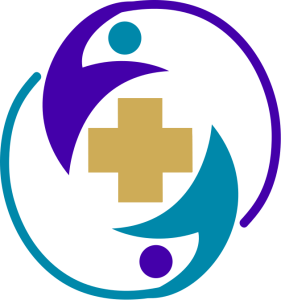While all of us are affected by lack of sufficient sleep, what I dubbed LOSS, children living in toxic stress environments are perhaps the most vulnerable to the damaging consequences of insufficient sleep.
The concept of LOSS and its effects on health and personal well-being are essential to understanding the risks to children. The ramifications of insufficient deep sleep are much more profound than having a bad day.
LOSS weakens the immune system, opening the door to diseases and inflammatory events, such as asthma, heart attacks, migraines, and strokes. For young people, LOSS can have serious long-term consequences.
Children living in toxic stress environments caused by experiences such as bullying, abuse, violence, and neglect also expend higher levels of energy dealing with their circumstances. In addition, many have difficulty with sleep, creating a perfect storm for illness, psychological problems, and impaired development.
Adverse Childhood Experiences (ACEs) are now a growing recognized societal and health challenge. The Centers for Disease Control and Prevention (CDC) reports that some 64% of U.S. adults say they experienced at least one type of ACE before age 18, and nearly 1 in 6 say they experienced four or more types of ACEs. According to the CDC, these toxic experiences have a major negative impact on future violent behavior, health problems, and life opportunities.
Treating the problem of ACEs is a complex and multi-dimensional challenge. However, sleep is undoubtedly a vital ingredient in the formula for success. Deep sleep is essential to every child’s growth and development. For children living with trauma and stress, quality sleep creates a safe place to find comfort and sanctuary—and to heal, repair, and recover from the effects of adverse experiences.

